Delayed appointment puts acting IBAC commissioner in ‘conflicted’ position
Stephen Charles says it’s ‘extraordinary’ that Victoria still doesn’t have a replacement IBAC commissioner after seven months.
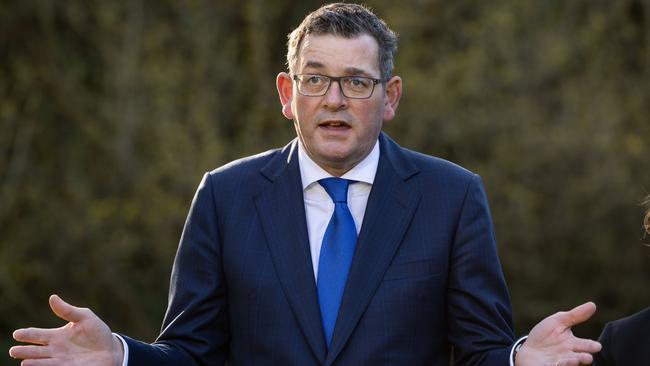
Victoria’s IBAC legislation and the state government’s failure to appoint a replacement anti-corruption commissioner for seven months have put the acting commissioner in a “conflicted” position, according to a former Court of Appeal judge and leading campaigner for a national integrity commission.
The comments from retired judge and Centre for Public Integrity board member Stephen Charles KC follow the release last week of the corruption watchdog’s five-year Operation Sandon investigation into property developer John Woodman’s payments to Liberal-affiliated Casey councillors, and buying of “privileged access” to the highest levels of the state government.
Former IBAC commissioner Robert Redlich ended his five-year term in December, with the government yet to appoint a replacement, and deputy commissioner Stephen Farrow acting as commissioner in the interim.
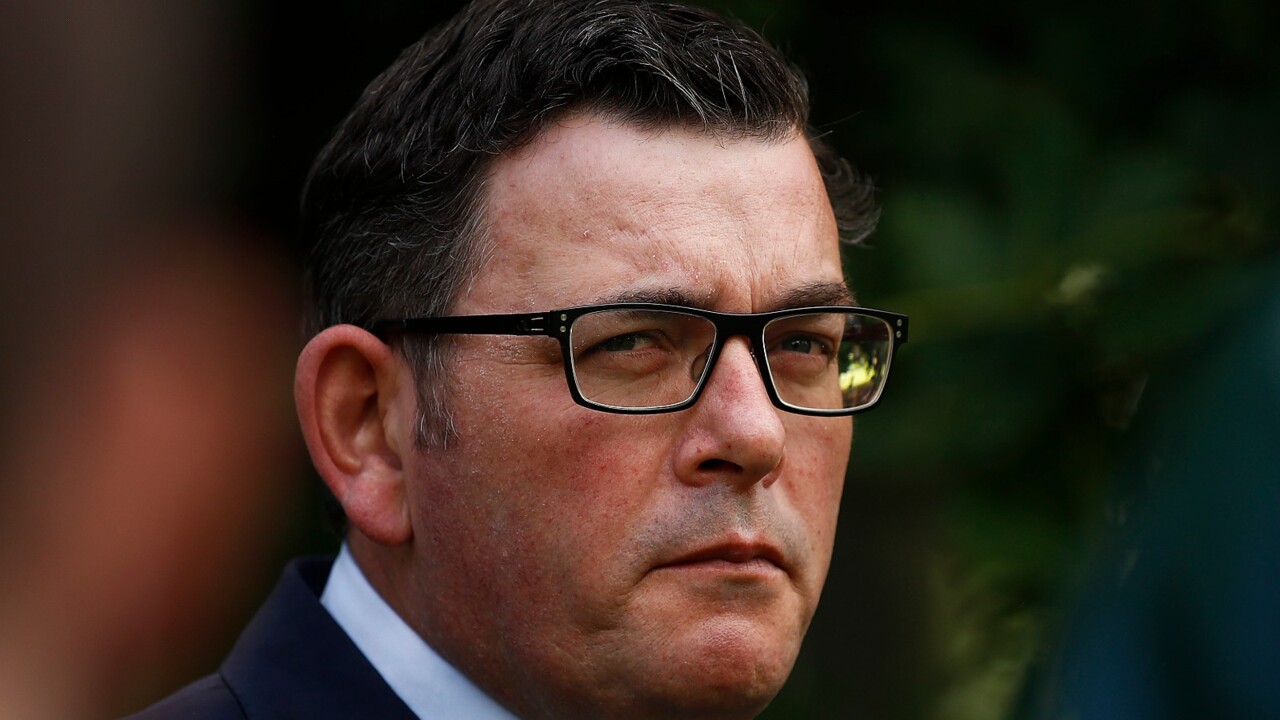
It is not known whether Mr Farrow has applied for the position of commissioner, but under IBAC’s legislation, he is entitled to do so, while presiding over investigations concerning the government. The Australian is not suggesting Mr Farrow has in any way acted inappropriately.
Asked whether this situation put Mr Farrow in a conflicted position, Mr Charles said: “Yes, there is a conflict, and it’s very unfair to leave the deputy commissioner there as acting commissioner.”
He also described as “extraordinary” the government’s failure to appoint a new commissioner after seven months.
“It insists it’s a government of great integrity,” he said.
“Well that seems to me to be completely denied by the fact that they have left the commissioner’s position vacant now for seven months.
“It suggests to me that they’re not really interested in how well IBAC is working or the question of this government’s integrity.”
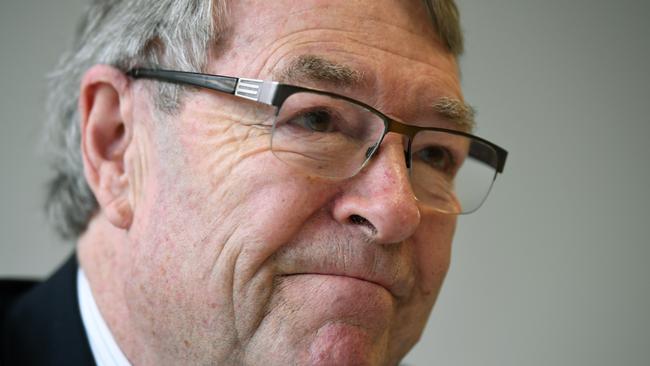
Asked about the failure to appoint a new commissioner on Thursday, Premier Daniel Andrews said it was important to conduct a “thorough process”, and to interview applicants, with the new commissioner to be announced “as soon as we can”.
“There’s a process on foot at the moment, not one that I’m involved in. It’s run by the department and a number of other eminent Victorians who are helping us out on that interview panel,” Mr Andrews said.
“It think there were a bunch of interviews conducted last week, so as soon as we can.”
Asked whether there would be a conflict of interest if an acting anti-corruption commissioner had applied for the government-administered job of commissioner, while presiding over investigations into the government, he said: “This is quite a difficult one to answer, because I don’t know that the person who you’re assuming has applied for the job necessarily has announced that to the world.
“I don’t know whether they would want that, but I get the point you’re making. Whenever you’ve got highly competent people who are performing a role, or step into a role for a short period of time, that’s a good thing, obviously, and then if they choose to apply, or not, for the principal role, then there’s an issue there, but you manage that through.
“I don’t think that agency’s been in any way timid in having views about the government, and about all manner of things. That’s part of their job. We appointed the previous commissioner. Nothing inappropriate came out of that.”
Asked about the same issue on Thursday, Mr Farrow said that the IBAC had a “high degree of independence, and it’s something that we consider very strongly and is crucial to our work”.
More Coverage
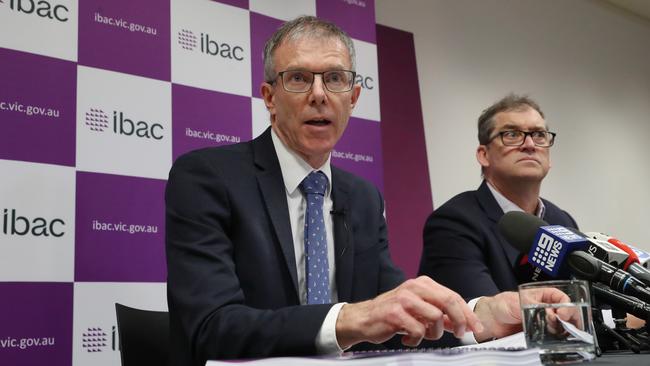



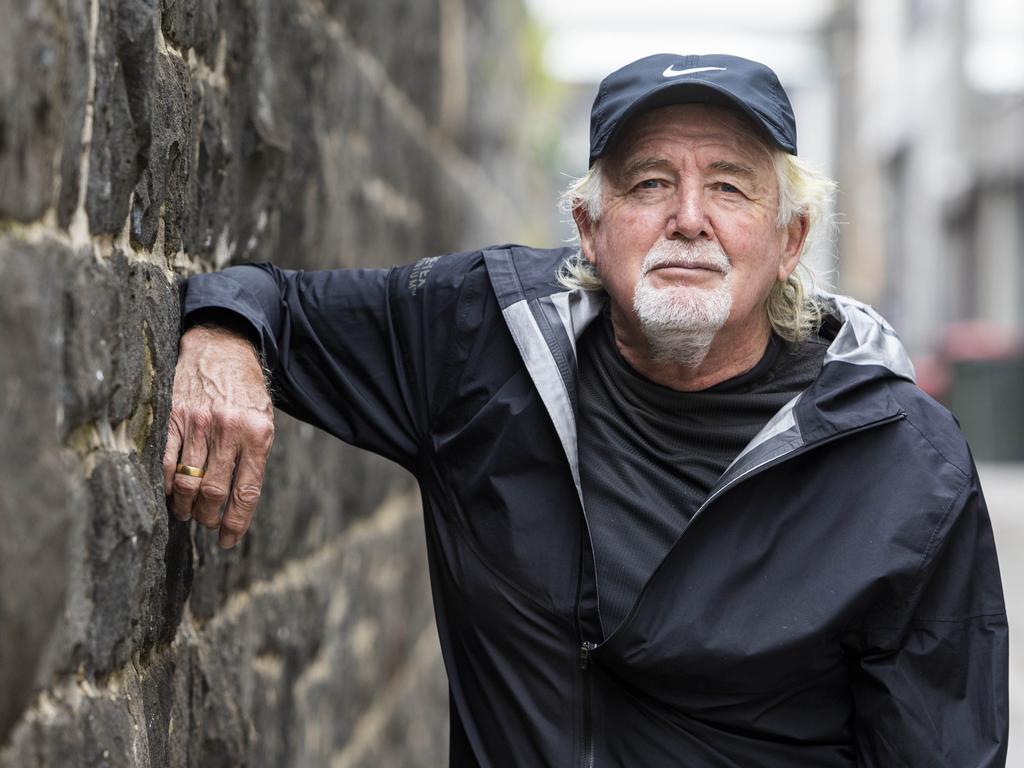



To join the conversation, please log in. Don't have an account? Register
Join the conversation, you are commenting as Logout